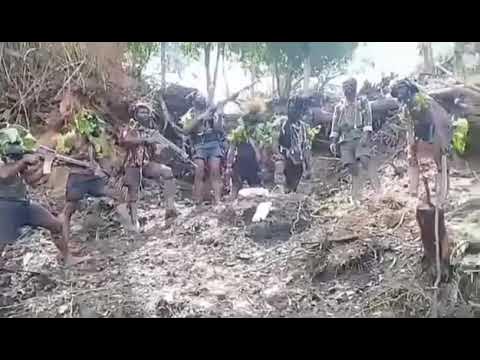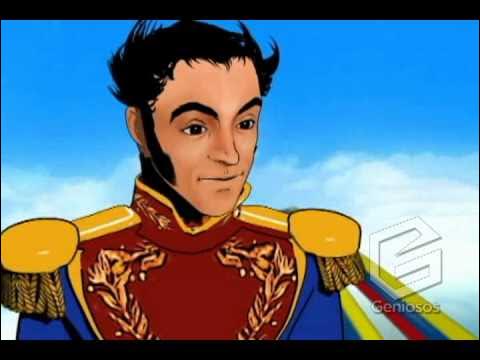The inspiration that was Gandhi..
Summary
TLDRThis script conveys a passionate plea for freedom and equality, emphasizing the importance of non-violence in the pursuit of independence. It highlights the people's unwillingness to submit to the oppression of the rich and powerful, and the need to prove our worthiness through unity and the eradication of social ills like untouchability. The message is clear: true freedom is not gained through murder and bloodshed, but through moral strength and collective enlightenment.
Takeaways
- 📜 The speaker is prepared to die for a cause but is against killing for it, emphasizing a commitment to non-violence.
- 🌍 The people may be illiterate but are not blind to the injustices of power and wealth, highlighting the importance of recognizing the inherent wisdom of the masses.
- 👑 There is a critique of the British rule and a call for the people not to give their loyalty to those who wish to replace the British with similar oppressive power structures.
- 🇮🇳 A strong statement is made about the unity of the nation and the refusal to be divided by external forces, suggesting a collective fight for independence.
- 🚫 The speaker calls for the British to leave India, indicating a demand for self-governance and an end to colonial rule.
- 🏆 To achieve independence, it is stated that Indians must prove themselves worthy, implying the need for self-improvement and moral integrity.
- 🙅♂️ The script condemns the treatment of Indians by the English and calls for an end to such discrimination within India itself.
- 💔 A powerful message against untouchability is conveyed, urging for its eradication from both hearts and social practices.
- 👏 Applause is heard, which may signify agreement or approval of the points made, indicating a supportive audience.
- 🔍 The metaphor 'an eye for an eye makes the whole world blind' is used to argue against retribution and violence as a means to achieve freedom.
- 🚫 The speaker rejects the idea of gaining freedom through murder and bloodshed, advocating for a peaceful and just struggle for independence.
Q & A
What is the speaker's stance on the use of violence for a cause?
-The speaker is prepared to die for a cause but is not prepared to kill for it, indicating a preference for non-violent means.
How does the speaker describe the people who are considered 'untouchable'?
-The speaker acknowledges that these people may be illiterate but emphasizes that they are not blind and can see through the intentions of the rich and powerful.
What does the speaker believe the people see when they look at the rich and powerful?
-The people see no reason to give their loyalty to the rich and powerful who only want to take over the role of the British.
What is the speaker's view on the British rule and the need for unity among the people?
-The speaker believes that the British rule should end and that unity is necessary to challenge the British as one nation.
What does the speaker suggest about the British not leaving India?
-The speaker implies that the British will not leave India easily and that a determined stand is required.
What is the speaker's perspective on gaining independence?
-The speaker believes that to gain independence, one must prove worthy of it through actions that reflect the values of freedom and equality.
How does the speaker address the issue of untouchability in society?
-The speaker insists on removing untouchability from hearts and lives, indicating a need for social reform alongside political independence.
What does the applause signify in the context of the script?
-The applause likely signifies agreement or support from the audience for the speaker's views on social reform and independence.
What is the speaker's opinion on the concept of 'an eye for an eye'?
-The speaker is against the concept, stating that it only leads to a world full of blind people, suggesting that violence begets more violence.
What does the speaker propose as an alternative to violence in achieving freedom?
-The speaker advocates for gaining freedom through non-violent means, emphasizing the importance of proving one's worthiness of independence.
How does the speaker view the treatment of Indians by the English?
-The speaker criticizes the English for their treatment of Indians and calls for a change in how Indians are treated, advocating for equality and respect.
Outlines

This section is available to paid users only. Please upgrade to access this part.
Upgrade NowMindmap

This section is available to paid users only. Please upgrade to access this part.
Upgrade NowKeywords

This section is available to paid users only. Please upgrade to access this part.
Upgrade NowHighlights

This section is available to paid users only. Please upgrade to access this part.
Upgrade NowTranscripts

This section is available to paid users only. Please upgrade to access this part.
Upgrade NowBrowse More Related Video
5.0 / 5 (0 votes)





